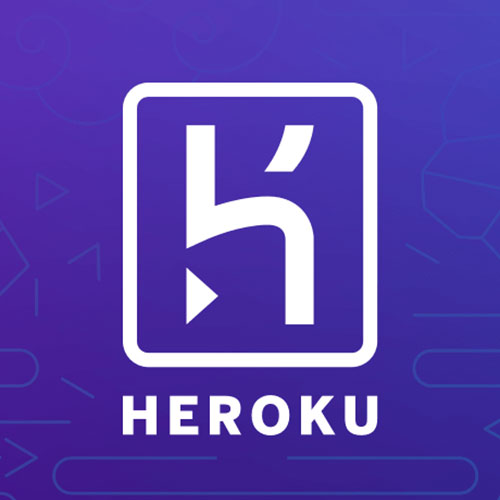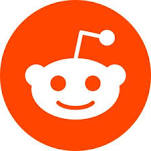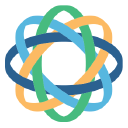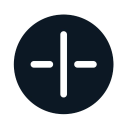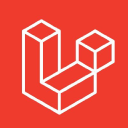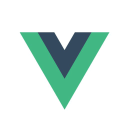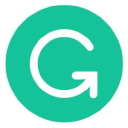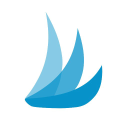Why We Shut Down A Product Making $250K/Year To Start Over!
Hello there! My name is Colleen Schnettler, and I am the co-founder of HelloQuery, an embeddable report builder for your customers.
So, what does that mean? Essentially, our software frees businesses from the need to create custom reports for their clients. Instead, they can use our tool to allow their customers to build their reports. HelloQuery sits inside existing applications and allows users to filter, format, and export their data. We are a bridge between database data and Excel.
Our primary customers are sometimes labeled as "boring" businesses – those dealing with significant amounts of data, such as inventory tracking, swag management, CRMs, and tax compliance.
Sometimes in the startup world, we're so focused on the next big thing we forget that a large part of our economy is driven by these traditional, less flashy businesses. Recognizing this was crucial to our decision-making process when selecting our target market.
Our journey has a unique twist because HelloQuery is our second product in the data space.
We grew our first product to $20,000 MRR before deciding to shut it down.
You may wonder why we shut down a product that was doing so well. Stay tuned - I’ll...

